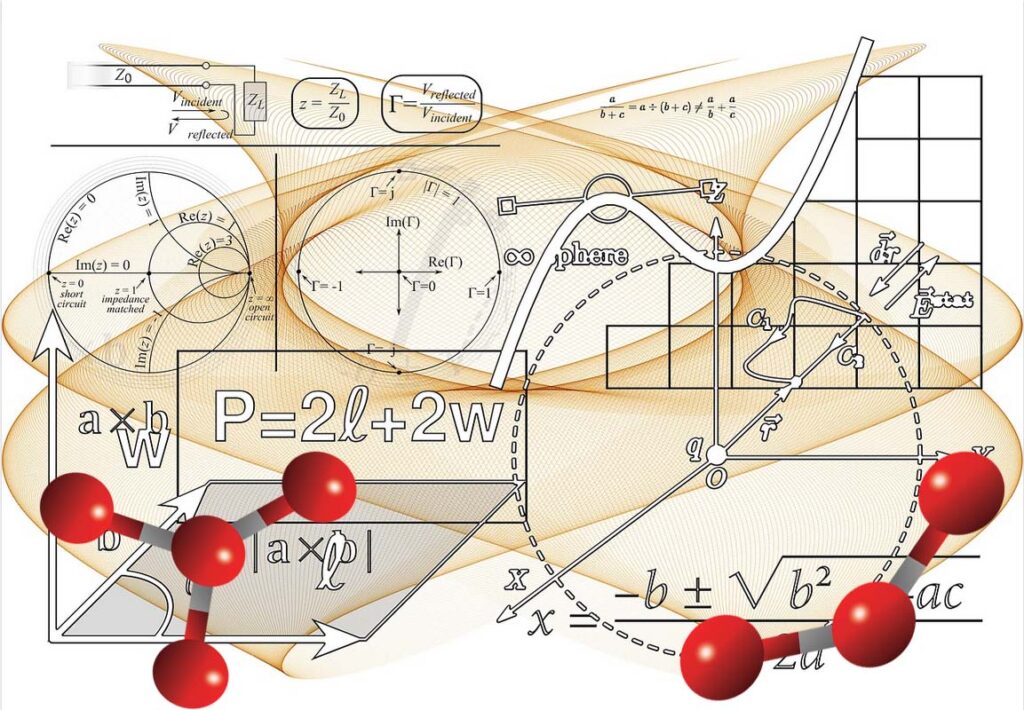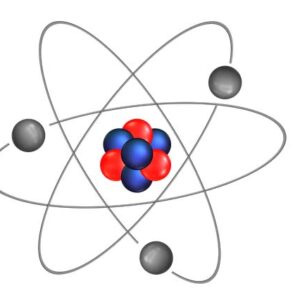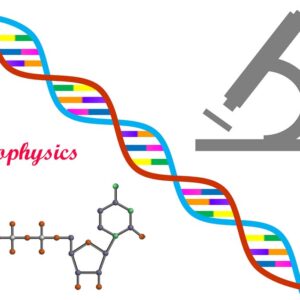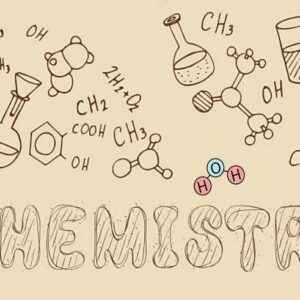
The area of science known as analytical chemistry is concerned with the procedures and methods used to ascertain the chemical make-up of substances. The development and application of techniques for the analysis of chemical compounds and mixtures is a highly interdisciplinary field that integrates ideas from physics, mathematics and chemistry.
Analytical chemistry courses include:
- Instrumental analysis: Instrumental analysis which deals with the use of various instruments and techniques to ascertain the composition of matter is one of the principal fields of study in analytical chemistry. This covers methods like microscopy, spectroscopy and chromatography. These methods can be used to detect and quantify particular components in a sample as well as to gauge a substance’s purity.
- Separations science: Separations science which is concerned with the separation of chemical substances and mixtures, is a crucial topic of study in analytical chemistry. This covers methods like electrophoresis and liquid-liquid and gas-liquid chromatography. These methods can be used to purify samples for further investigation as well as to segregate chemicals based on their physical and chemical characteristics.
- Bioanalytical chemistry: The examination of biological samples, such as blood, urine and tissue samples, to ascertain the presence and concentration of particular biomolecules, is the focus of the analytical chemistry subdiscipline of bioanalytical chemistry.
- Environmental analytical chemistry: This branch of analytical chemistry examines environmental samples including those from the air, water and soil, to ascertain the presence and concentration of contaminants.
- Food analytical chemistry: This branch of analytical chemistry examines food samples to ascertain the presence and quantity of additives, pollutants and nutrients.
- Forensic analytical chemistry: This branch of analytical chemistry examines forensic evidence such as fingerprints, hair and blood samples in order to identify unidentified substances and support criminal investigations.
- Analytical chemistry for nanomaterials: This field of study focuses on the characterisation and examination of nanomaterials, such as nanoparticles and nanocomposites, in order to ascertain their dimensions, compositions and physical characteristics.
- Quality control analytical chemistry: The use of analytical methods in the production of goods including food, medicine and cosmetics is the focus of this branch of analytical chemistry.
Additionally, analytical chemistry has numerous real-world applications in a variety of industries. Analytical chemistry is utilise in the realm of medicine to analyse biological samples and develop diagnostic assays. Analytical chemistry is a tool used in environmental science to analyse environmental samples and evaluate air and water pollution. Analytical chemistry is utilise in the study of forensic science to analyse evidence and identify unidentified substances.
The discipline of analytical chemistry is constantly changing and new strategy and procedures are often created. Analytical chemistry is being better understood and used more frequently which is enhancing human welfare, preserve the environment and pushing the boundaries of other scientific disciplines.









